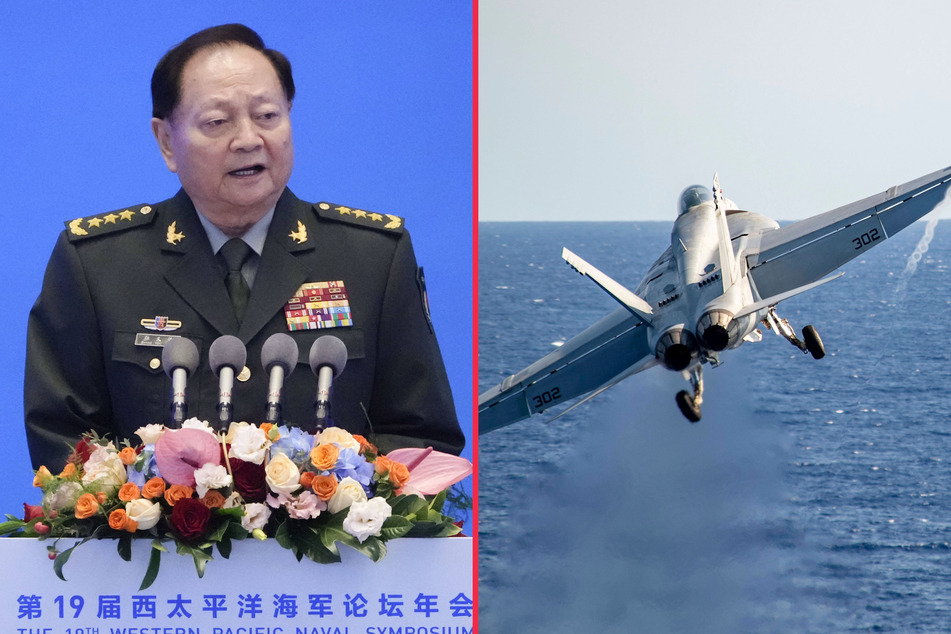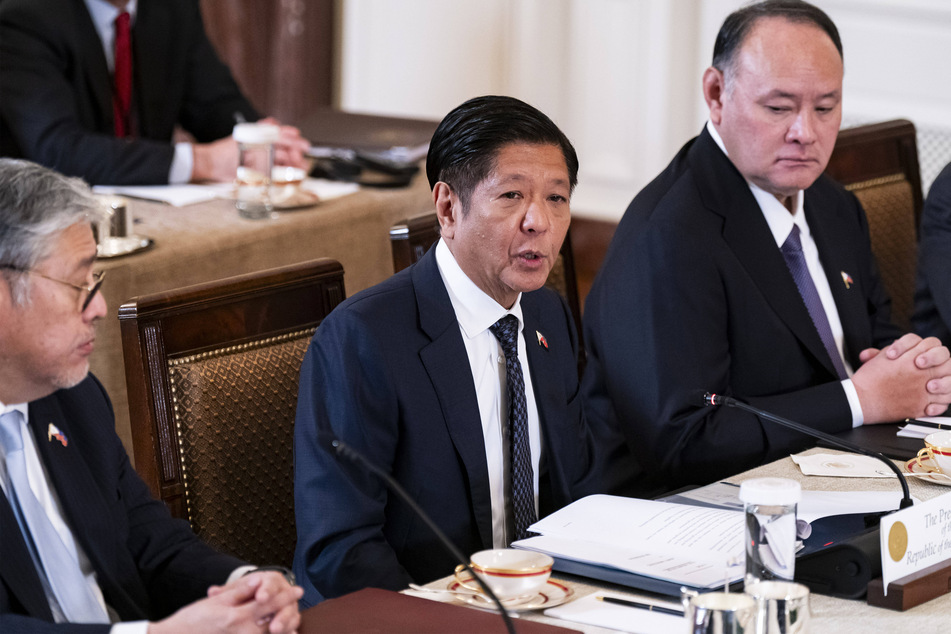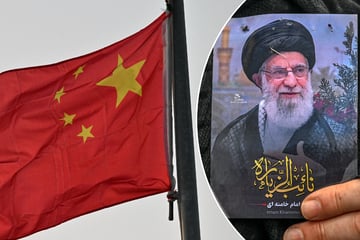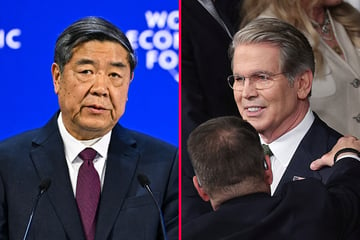China extends olive branch as US sends missile systems to Philippines
Manila, Philippines - The United States is sending mid-range missile systems to the Philippines in an effort to increase security in the South China Sea. Meanwhile, China has asked for a friendlier approach.

After the US deployed a powerful missile system in the Philippines, with a range of nearly a thousand miles, China has accused its competitors of "stoking military confrontation" in the region.
The Typhon system has been deployed for an undisclosed period of time and will not take part in the ongoing military exercises. It is capable of firing not only tomahawk land attack missiles, but ballistic defense munitions as well.
Secretary of State Antony Blinken on Saturday announced that he would make the journey to China to help quell tensions, despite the US continuing to conduct military drills with the Philippines.
Meanwhile, Zhang Youxia, the vice chairman of the CCP's central military commission, has asked for regional partners to "work together to create peace and tranquility."
China calls for calm amid increasing military exercises and tension

Zhang Youxia said that "China is consistently committed to resolving maritime disputes through friendly consultation directly with the countries party to them," but warned of the consequences that could come from continued provocations.
"We will not permit arbitrary abuses, nor accept distortions of international law," Zhang said. "We will legitimately uphold our rights in response to deliberate violations and resolutely take reasonable countermeasures in response to groundless provocations."
US forces have joined with the Philippines for military drills even as navy representatives from 29 countries, including Japan, Australia, and South Korea, landed for military talks in Qingdao.
A major military port in China, Qingdao is hosting the Western Pacific Naval Symposium, where issues around peace and tranquility, international law, and maritime order will be discussed between leaders.
The US will be represented by Pacific Fleet Commander Admiral Stephen Koehler, who will likely take part in closed-door talks on maritime security challenges on Monday. Manila has opted out.
Speaking at a press conference on Friday, ahead of US-Filipino military drills, Chinese foreign ministry spokesperson Lin Jian said, "The Philippines needs to know that it will not get its way by leaning on the US."
"The only path to a peaceful and stable region lies in commitment to good-neighborliness, returning to dialogue and consultation and maintaining strategic independence."
Cover photo: Collage: IMAGO/Kyodo News/ZUMA Wire

